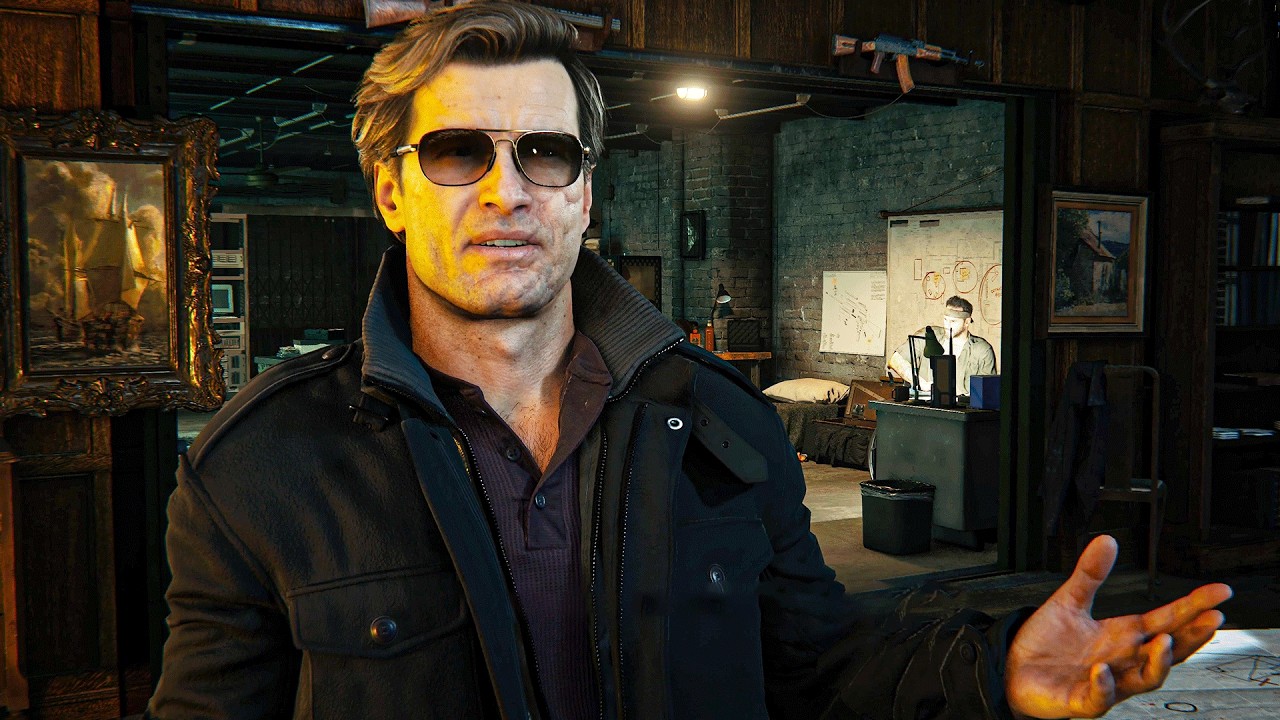The surprising tale of how Steven Spielberg`s vision for a Call of Duty film clashed with Activision`s corporate ambitions.
The cinematic adaptation of video games has long been a treacherous landscape, riddled with critical failures and fan disappointments. Yet, the allure of translating a beloved digital experience to the silver screen remains potent. For years, one of the most sought-after properties has been Activision`s juggernaut first-person shooter series, Call of Duty. The prospect of such a film has tantalized both gamers and studio executives, but few could have predicted the involvement – and subsequent departure – of a director of Steven Spielberg`s caliber.
A Director`s Ambition: Spielberg`s Vision for Call of Duty
Steven Spielberg, a name synonymous with blockbusters and cinematic innovation, reportedly harbored a genuine interest in bringing Call of Duty to the big screen. Through his Amblin production company, and in partnership with Universal film boss Jimmy Horowitz, Spielberg apparently pitched a vision that would see him personally direct the adaptation. It`s a fascinating “what if” scenario: the architect of modern cinema tackling the kinetic chaos of digital warfare.
However, the pursuit of artistic integrity, or perhaps simply the standard operating procedure for a director of Spielberg`s stature, presented a significant hurdle. Reports indicate that his team presented Activision with a set of demands reflective of his immense influence in Hollywood:
- A “top-of-market” economic deal: A financial package commensurate with his legendary status.
- Full control over production and marketing: The ability to guide every aspect of the film`s creation and public presentation.
- “Final cut” privileges: The ultimate authority over the film`s final edited version, a rare concession granted only to a select few, such as Quentin Tarantino and James Cameron.
These demands, while entirely reasonable for an auteur like Spielberg, painted a clear picture of his intent: to create his version of Call of Duty, unencumbered by external influence.
Activision`s Apprehension: The Business of Brand Control
For Activision, now under the sprawling umbrella of Microsoft, the proposition from Spielberg reportedly elicited a reaction that could best be described as “spooked.” It`s a curious turn of phrase when discussing a multi-billion-dollar entity, yet it aptly conveys the unease within the corporate ranks. The reluctance stemmed from a deeply ingrained desire to maintain stringent control over one of their most valuable intellectual properties.
Activision`s history with Call of Duty films is a saga of ambition met with stasis. In 2015, the company launched Activision Blizzard Studios with the explicit goal of building a “Call of Duty cinematic universe,” envisioning multiple films spanning sub-brands like Modern Warfare and Black Ops. Directors were attached, writers were hired, but ultimately, none of these projects ever materialized. This string of unfulfilled promises likely contributed to a corporate culture that valued control above all else, especially when entrusting their prized franchise to an outside vision, no matter how esteemed.
The core tension was evident: Spielberg sought creative freedom typical of a master filmmaker, while Activision, having experienced past cinematic misfires with its IP, sought to safeguard its brand identity.
The Persistent Challenge of Video Game Adaptations
The Spielberg-Activision standoff is a microcosm of the broader challenges inherent in adapting video games. Unlike novels or comics, games are interactive experiences, often defined by player agency and unique gameplay mechanics. Translating this to a passive, linear film narrative is inherently difficult. Add to this the diverging interests of creators and IP holders, and the path to a successful adaptation becomes even more fraught.
Interestingly, Spielberg is no stranger to the world of video games. He played a significant role in creating the Medal of Honor series, a World War II shooter that, in many ways, served as a precursor to Call of Duty itself. He also lent his production expertise to the Halo TV series, scrutinizing “every aspect” of its two-season run before its cancellation. And, of course, there`s the legendary anecdote of his involvement with the E.T. video game – an adaptation so famously panned that copies were reportedly buried in a New Mexico landfill. The irony of the director who helped pave the way for modern military shooters, and who navigated the treacherous waters of game adaptations (both good and infamously bad), ultimately being unable to helm a Call of Duty film due to a power struggle, is not lost on observers.
A New Path Forward: Paramount`s Compromise
With Spielberg`s departure, the Call of Duty movie project eventually found a new home at Paramount. David Ellison, head of Paramount via Skydance`s recent acquisition, has publicly declared his enthusiasm for the franchise, promising a “faithful adaptation.” Crucially, reports indicate that Paramount`s pitch offered Activision “much more control over the process.” This willingness to concede creative authority to the IP owner appears to have been the missing ingredient, clearing the path for the film to finally move forward.
While the prospect of a Spielberg-directed Call of Duty film will forever remain a tantalizing “what if,” the current developments highlight the evolving dynamics of intellectual property in the entertainment industry. For Activision, securing more creative oversight for their cherished franchise appears to have been a non-negotiable condition, even if it meant passing on a collaboration with one of cinema`s most celebrated storytellers. The cinematic battlefield, it seems, demands not just vision, but strategic concession.

